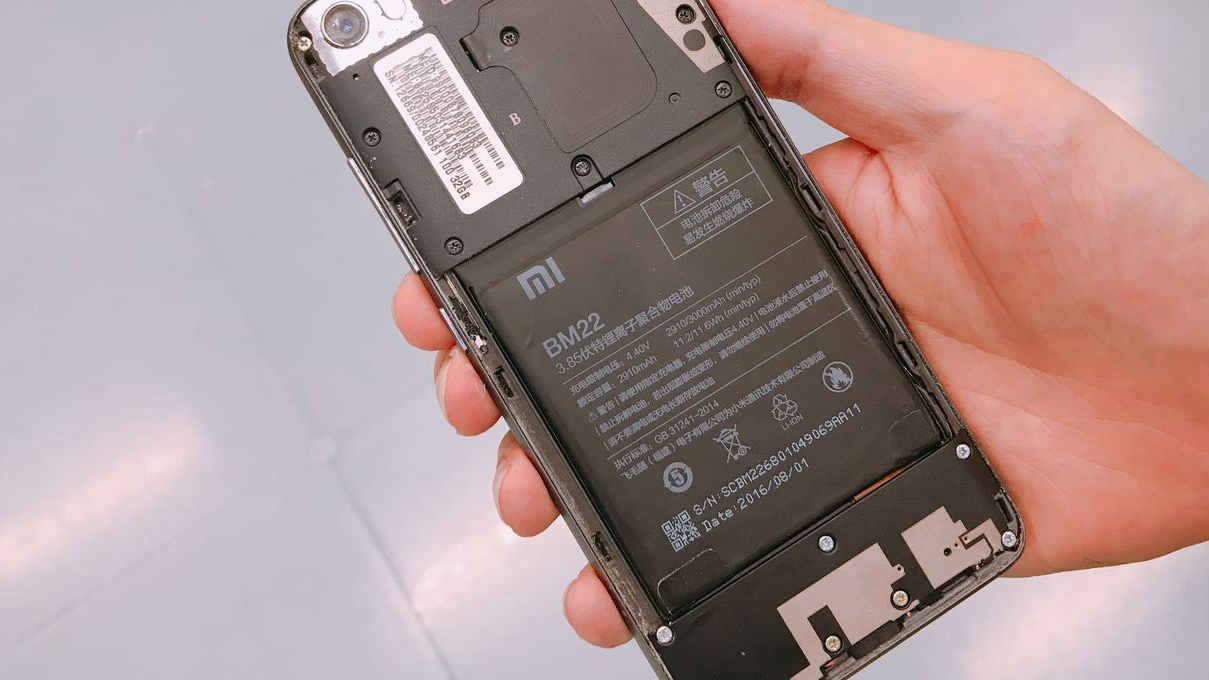
Tech & Sci
20:38, 04-Oct-2017
Researchers find new way to improve lithium battery efficiency

Researchers in a US university have found a way to help lithium batteries charge 10 to 20 times faster than commercial lithium-ion batteries
According to a news release by Rice University in Houston, Texas on Monday, the Rice lab of chemist James Tour developed anodes comprising porous carbon made from asphalt that showed exceptional stability after more than 500 charge-discharge cycles.
A high-current density of 20 milliamps per square centimeter demonstrated the material's promise for use in rapid charge and discharge devices that require high-power density.
"The capacity of these batteries is enormous, but what is equally remarkable is that we can bring them from zero charge to full charge in five minutes, rather than the typical two hours or more needed with other batteries," Tour said.
The Tour lab previously used a derivative of asphalt – specifically untreated gilsonite, the same type used for the battery – to capture greenhouse gases from natural gas. This time, the researchers mixed asphalt with conductive graphene nanoribbons and coated the composite with lithium metal through electrochemical deposition.
The lab combined the anode with a sulfurized-carbon cathode to make full batteries for testing. The batteries showed a high-power density of 1,322 watts per kilogram and high-energy density of 943 watt-hours per kilogram.
The finding is reported in the American Chemical Society journal ACS Nano.
11618km
Source(s): Xinhua News Agency

SITEMAP
Copyright © 2018 CGTN. Beijing ICP prepared NO.16065310-3
Copyright © 2018 CGTN. Beijing ICP prepared NO.16065310-3